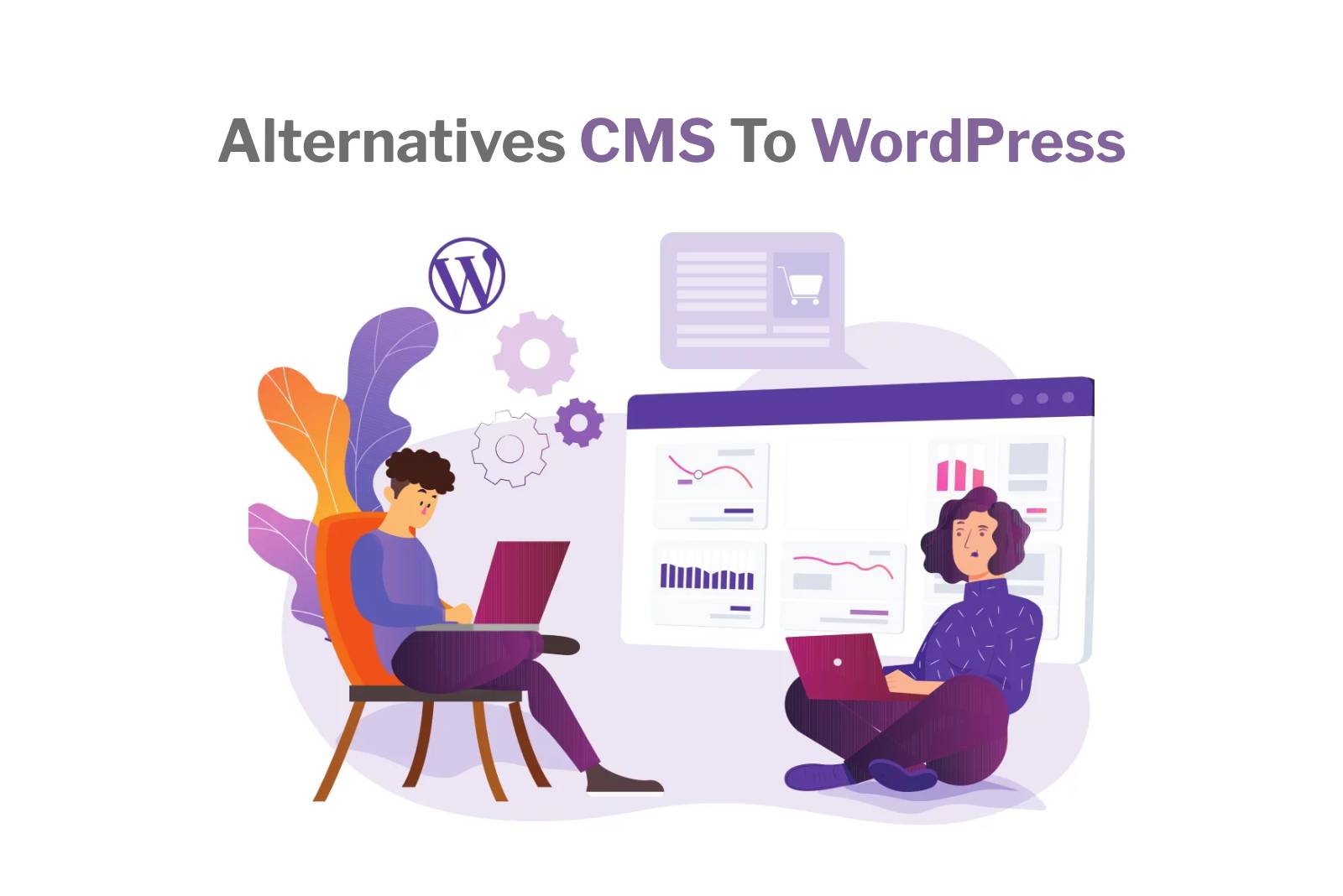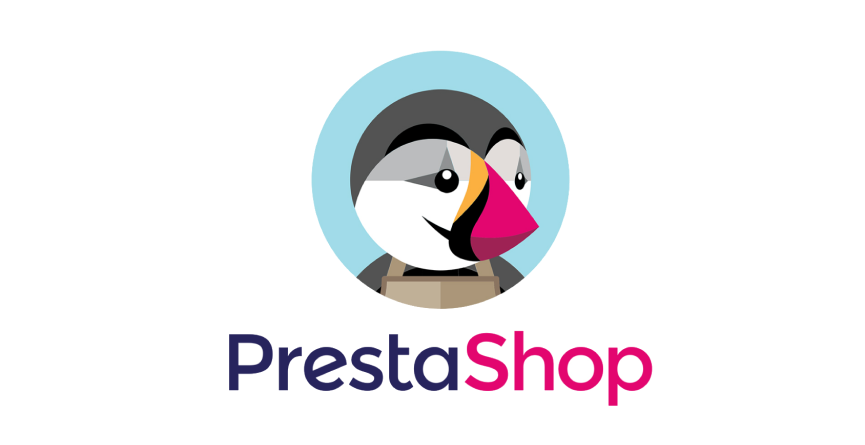
WordPress has been the go-to content management system (CMS) for website creation for quite some time. It’s known for its user-friendly interface, extensive plugin library, and ability to integrate payment systems. However, the digital world is constantly evolving, and there are now some compelling alternatives to WordPress that offer unique features and advantages.
In this article, let’s dive into a few of these alternatives, discovering their key strengths and benefits, including their payment integration capabilities. Whether you’re an experienced web developer or a beginner blogger, exploring these alternatives can help you find the right CMS solution that not only meets your web design needs but also seamlessly integrates payment systems for your e-commerce endeavors.
1. Prestashop

When it comes to building online stores, PrestaShop shines as a powerful and feature-rich open-source CMS. While WordPress is known for its versatility, PrestaShop focuses specifically on e-commerce, making it a strong competitor in the online retail space.
Setting up an online store with PrestaShop is a breeze, thanks to its user-friendly interface and a wide selection of customizable themes and templates. Whether you’re a small boutique or a large-scale enterprise, PrestaShop caters to businesses of all sizes, allowing you to create a professional-looking online store with ease.
One of PrestaShop’s standout features is its extensive range of e-commerce functionalities. You can efficiently manage your products, set prices, handle inventory, and process orders and shipping seamlessly. This comprehensive approach to e-commerce makes PrestaShop an attractive alternative for businesses seeking a dedicated platform for their online selling needs.
Moreover, PrestaShop offers a vibrant marketplace of add-ons and modules, allowing you to extend the functionality of your online store as it grows. The platform also provides a wide array of payment gateways and integration options, making it convenient for businesses to accept various payment methods, including popular processors like PayPal and Stripe. Whether you want to cater to customers from around the globe or provide a localized shopping experience, PrestaShop’s payment integration capabilities have you covered.
2. Joomla

Joomla is an open-source CMS that packs a punch with its wide range of features and customization options. It’s loved by web designers for its flexibility and scalability, making it suitable for websites of all sizes. With Joomla, even complex web designs can be created effortlessly, thanks to its robust user management system, advanced permission controls, and support for multiple languages.
Plus, it boasts a vast collection of templates and extensions, allowing you to personalize your site’s web design to your heart’s content. Joomla’s supportive community ensures excellent assistance and regular updates, keeping your website secure and up-to-date, while empowering you to unleash your creativity in web design.
3. Ghost

For a lightweight CMS that caters specifically to blogging, look no further than Ghost. It offers a minimalist and distraction-free writing experience, which has endeared it to content creators everywhere. Ghost’s intuitive editor lets you focus on your content without being overwhelmed by complex settings. It also comes with a range of built-in SEO features, simplifying the optimization of your blog for search engines.
With Ghost’s theme marketplace, you can explore a variety of beautifully designed templates, and its API allows seamless integration with third-party tools. While Ghost may not match the feature-richness of WordPress or other CMS options, its simplicity and dedication to blogging make it an attractive choice for those who prioritize content creation.
4. Drupal

If you’re seeking a CMS for more advanced users and complex websites, Drupal is a top contender. It offers unparalleled flexibility and scalability, making it the preferred choice for large organizations and government websites. Drupal’s modular architecture empowers developers to easily create highly customized websites and applications. It excels in handling large volumes of content, making it ideal for websites with heavy traffic or intricate content structures.
Drupal also emphasizes security, boasting a dedicated team that swiftly releases updates and patches. While Drupal has a steeper learning curve compared to WordPress, its powerful features make it an excellent choice for those desiring greater control and customization.
5. Wix

If you prefer an all-in-one website creation solution without the need for coding, Wix is a fantastic option. While not a traditional CMS like WordPress, Wix provides an intuitive drag-and-drop editor that simplifies the website building process. It offers a vast collection of pre-designed templates and powerful customization options. Moreover, Wix takes care of technical aspects such as hosting, security, and backups. With its user-friendly interface and beginner-friendly features, Wix is an excellent choice for small businesses, freelancers, or individuals looking to swiftly establish a professional online presence.
Conclusion
While WordPress maintains its popularity as a CMS, exploring alternative options can lead you to discover a CMS that aligns better with your specific needs. Joomla and Drupal provide robust features and customization capabilities, catering to advanced users and larger websites. Ghost’s simplicity and focus on blogging make it perfect for content creators, while Wix offers a hassle-free website builder suitable for beginners. These are just a few of the many alternatives available, each with unique strengths. By considering your requirements and priorities, you can find a CMS that enables you to create and manage your website efficiently and effectively.
Ready to take advantage of the benefits of CMS web development? Reach out to eFusion Technology to get started on building your own website today!

